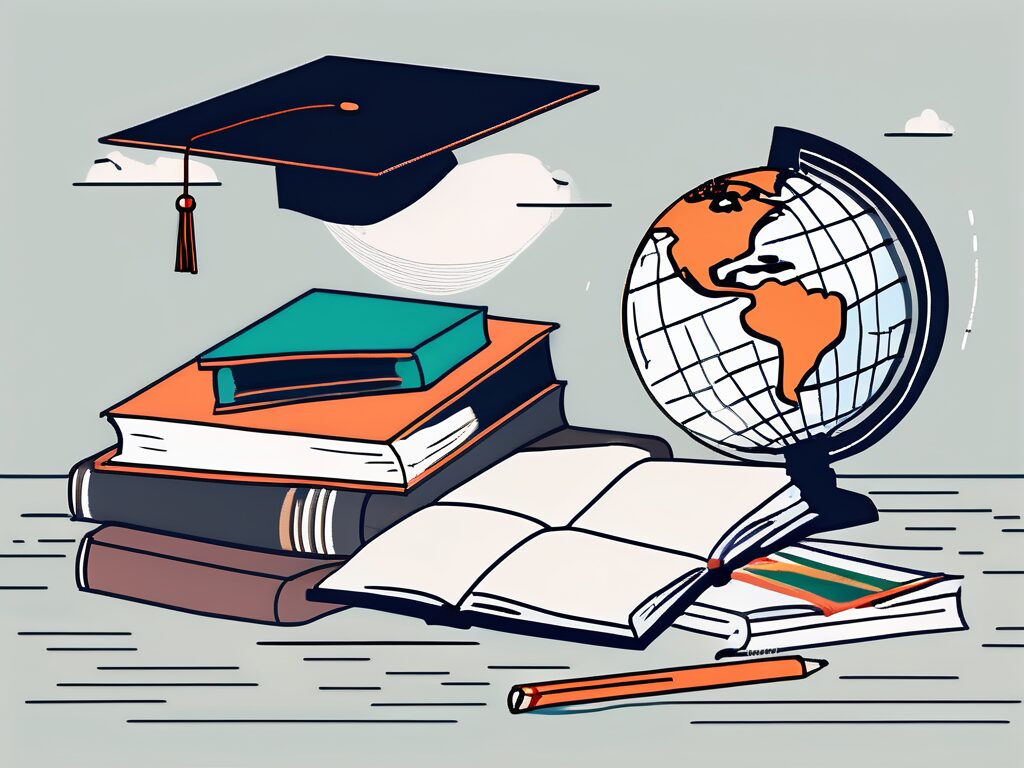The pursuit of a Master’s degree in Education is a commendable endeavour, and in the context of Thailand’s educational landscape, it holds significant potential. However, as with any professional journey, it’s not without its challenges. This article will delve into five key areas where teachers with a Master’s in Education may encounter weaknesses in the Thai educational system.
1. Cultural Differences
One of the most prominent challenges for teachers with a Master’s in Education in Thailand is the cultural differences. The Thai culture is rich and diverse, and it significantly influences the educational system. Understanding and adapting to these cultural nuances can be a steep learning curve for foreign-educated teachers.
For instance, the Thai education system places a high emphasis on respect for authority. This is reflected in the classroom where students are expected to show deference to their teachers. For teachers educated in more liberal Western systems, this might seem restrictive and could hinder open dialogue and critical thinking.
Language Barrier
Another aspect of cultural differences is the language barrier. Although English is taught in Thai schools, the proficiency levels vary greatly. Teachers with a Master’s in Education, especially those from English-speaking countries, may struggle with communication in the classroom.
Moreover, the Thai language has its unique intricacies, with its tonal nature and script. Mastering it can be a daunting task for foreign teachers, potentially affecting their ability to fully engage with students and the broader school community.
2. Curriculum Differences
The Thai curriculum is vastly different from Western education systems. It is heavily exam-focused, with a strong emphasis on rote learning. This can be a significant adjustment for teachers with a Master’s in Education who are accustomed to more holistic and student-centred teaching methods.
Moreover, the Thai curriculum is heavily influenced by the country’s Buddhist values. This can present a challenge for teachers unfamiliar with these principles, potentially leading to misunderstandings or misinterpretations in the classroom.
Adapting Teaching Methods
Given the curriculum differences, teachers may need to adapt their teaching methods. This could involve incorporating more traditional teaching styles to align with the exam-focused approach. However, this could potentially conflict with the more progressive teaching methods taught during their Master’s degree.
Furthermore, the need to adapt teaching methods could also extend to classroom management. In Thailand, classrooms are often larger with more students, requiring different strategies for maintaining discipline and engagement.
3. Professional Development Opportunities
Professional development is a crucial aspect of a teacher’s career. However, in Thailand, opportunities for professional development can be limited. This can be a significant weakness for teachers with a Master’s in Education who are keen to continue learning and evolving in their profession.
Moreover, the professional development opportunities that do exist may not align with the skills and knowledge acquired during a Master’s degree. This could potentially lead to a skills mismatch, hindering career progression.
Networking Challenges
Another aspect of professional development is networking. In Thailand, networking opportunities may be limited, especially for foreign teachers. This could potentially hinder career advancement and the ability to learn from peers.
Furthermore, the language barrier could also pose a challenge in networking scenarios, making it difficult for teachers to fully engage and make meaningful connections.
4. Salary and Benefits
Despite the high qualifications, teachers with a Master’s in Education may find the salary and benefits in Thailand to be less competitive compared to Western countries. This could potentially lead to financial stress, affecting job satisfaction and retention.
Moreover, the cost of living in Thailand, while lower than many Western countries, can vary greatly depending on the location. Teachers in urban areas like Bangkok may find the cost of living higher than expected, further exacerbating financial challenges.
Job Security
Another aspect to consider is job security. In Thailand, foreign teachers may be hired on a contract basis, which may not offer the same level of job security as permanent positions. This could potentially lead to stress and uncertainty, impacting job satisfaction and performance.
Furthermore, visa regulations can also affect job security. Foreign teachers may need to renew their work visa regularly, which can be a complex and time-consuming process.
5. Work-Life Balance
Work-life balance is a crucial aspect of job satisfaction. However, teachers with a Master’s in Education in Thailand may find achieving a healthy work-life balance challenging. The long working hours, coupled with the high demands of the job, could potentially lead to burnout.
Moreover, the cultural and language differences could also affect social life, making it harder for foreign teachers to integrate and form social connections outside of work.
Travel Opportunities
On a positive note, living and working in Thailand offers unique travel opportunities. The country’s rich cultural heritage and stunning natural beauty make it a fantastic place to explore during time off. However, the demands of the job may limit the time available for travel, affecting the overall experience.
In conclusion, while a Master’s in Education can open doors to a rewarding teaching career in Thailand, it’s important to be aware of the potential weaknesses. By understanding these challenges, teachers can better prepare and navigate their professional journey in Thailand’s educational landscape.
Enhance Your Teaching Career in Thailand with iQTS
Understanding the challenges faced by teachers with a Master’s in Education in Thailand is just the first step. If you’re ready to make your next step and overcome these weaknesses, The IQTS at UWE invites you to join our International Qualified Teacher Status (iQTS) Programme. With our programme, you’ll not only meet the strict qualification requirements of international schools but also enjoy enhanced career progression, increased professional connections, and a deeper understanding of global education systems. Embrace the opportunity for professional development with our flexible online study options designed for working teachers. Don’t let the potential weaknesses hold you back. Make Your Next Step today and join a community that’s advancing in the field of education.

